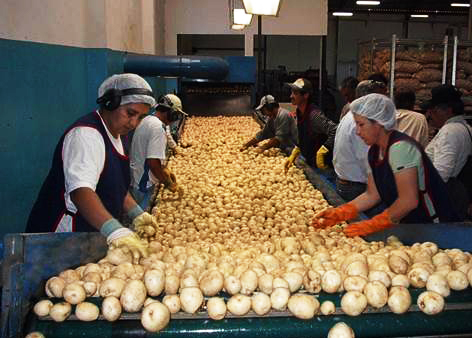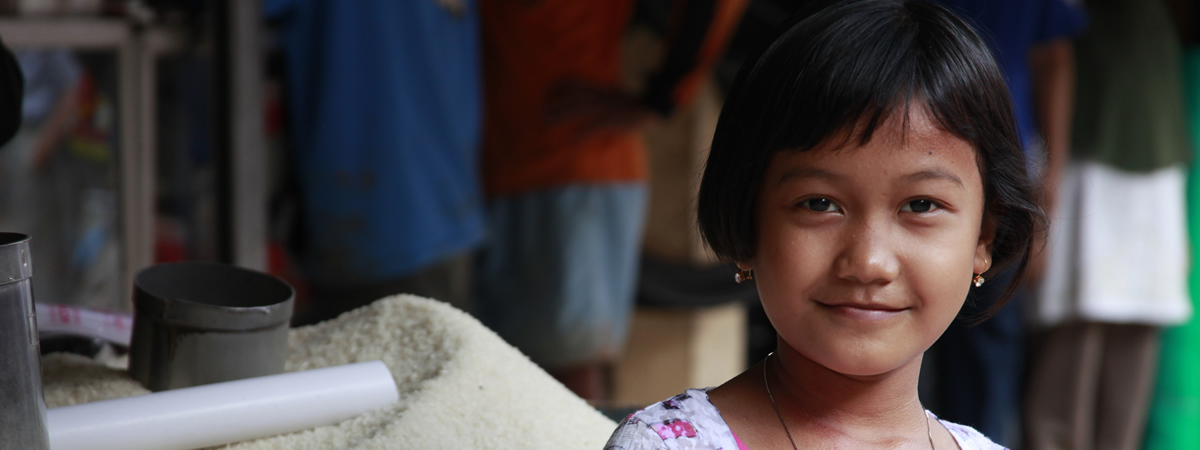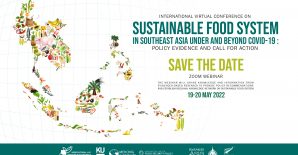 Most of world’s poor live in rural areas inadequately equipped with energy with power outages or fuel shortages common. Energy is central to irrigation, transportation, and all sustainable development efforts in developing countries. Without addressing energy, food security and poverty reduction are hard to achieve. However, there has been little research on linkages between energy, transformation, and poverty in developing countries. In addition, there has been little empirical research linking energy policy and public energy system investments with energy costs and performance in food supply chains in developing countries.
Most of world’s poor live in rural areas inadequately equipped with energy with power outages or fuel shortages common. Energy is central to irrigation, transportation, and all sustainable development efforts in developing countries. Without addressing energy, food security and poverty reduction are hard to achieve. However, there has been little research on linkages between energy, transformation, and poverty in developing countries. In addition, there has been little empirical research linking energy policy and public energy system investments with energy costs and performance in food supply chains in developing countries.
These knowledge gaps motivated researchers at IFPRI to take on a project titled “Energy Scarcity, Food Supply Chain Transformation, and Poverty Reduction in the Emerging Economies: the Case of Brazil, China, and India”. Led by IFPRI’s Beijing Office and supported by experts from Michigan State University, University of San Paulo, and Renmin University, the study is analyzing energy costs in the various segments of food supply chains, differentiating over products, tracing both patterns in energy intensity by segment as well as the impacts of these costs on net incomes of the actors. The project receives financial support from the Economic and Social Research Council (ESRC) and the Department for International Development, UK (DFID).

The two-year study runs from October 2012 to September 2014 and will develop an integrated conceptual framework for modeling the relationship between three interrelated factors: transformed versus traditional food supply chains, energy costs from electricity and fuel, and net incomes of supply chain participants and food prices. The team will then apply the framework to analyze horticulture and dairy supply chains in China, India, and Brazil to assess how energy costs are generated, how they affect behavior in the segments of the supply chain, and the implications for food costs to consumers and incomes to producers. It will also formulate policy pathways for moving towards more optimal energy use practices that contribute to supply chain development and poverty reduction.
The study will develop eight papers and four policy briefings, aiming to provide analytical tools that facilitate evidence-based policymaking with respect to energy use and management in agri-food systems. Lessons learnt from these three emerging economies would have implications for the low income countries of the world. The ultimate beneficiaries of the study are the rural poor who engage in the agricultural sector and whose livelihoods depend on the performance of the agri-food system.




Leave a Reply